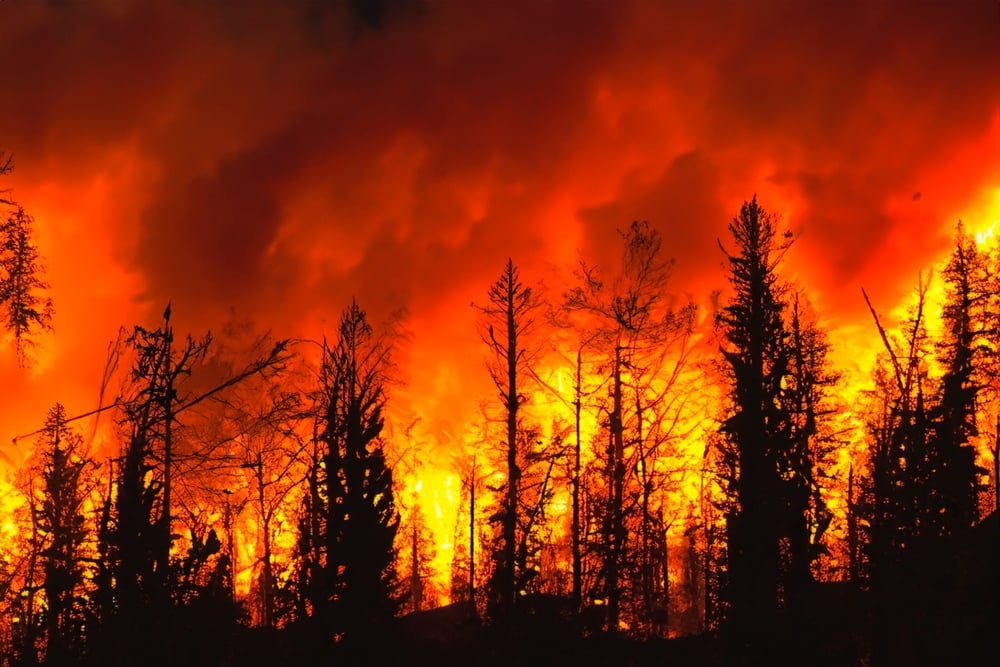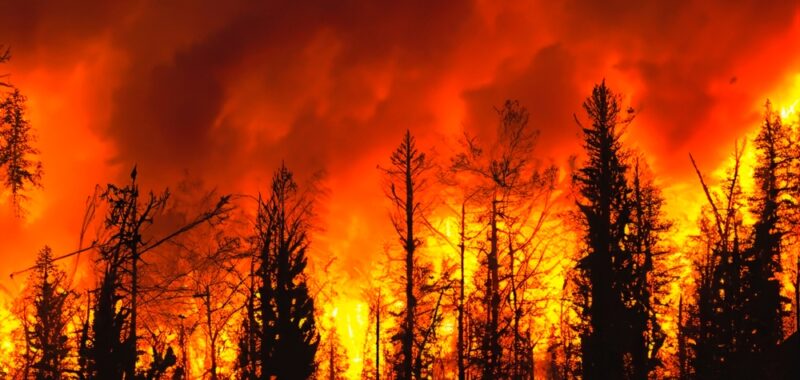
As an employee assistance program (EAP) therapist at a hospital, I am often called upon to help people navigate the emotional fallout of life’s most challenging moments. The wildfires devastating Los Angeles bring a unique layer of grief, stress, and uncertainty to our community.
David Kessler, a leading voice on grief, emphasizes that loss is not limited to death—it is any change or transition that disrupts our sense of stability. For those impacted by the fires, grief may take many forms: the loss of a home, a school, or a neighborhood, as well as the loss of routine, safety, and peace of mind.
In my work, I see firsthand how such crises ripple through the lives of individuals, families, and workplaces. As we collectively process these fires, there are key principles we can all lean on to build emotional resilience and support each other.
Coping strategies for individuals and communities
Acknowledge the emotional impact. Grief requires acknowledgment. Whether someone has lost their home or is watching the devastation from a distance, their feelings of sadness, fear, and helplessness are valid. Encourage open conversations about these emotions without judgment or minimizing.
Connect to meaning. Kessler’s work reminds us that finding meaning can help us move forward. This doesn’t mean finding a reason for the devastation but asking, “How can I respond?” Small acts of kindness—helping a neighbor, donating to relief efforts, or simply being present for someone in need—can help rebuild a sense of purpose.
Lean on community. One of the greatest antidotes to grief is connection. Whether through neighborhood groups, faith communities, or workplace teams, fostering connection can remind us that we’re not alone. As an EAP therapist, I see how vital workplace support is during crises. Leaders can help by normalizing conversations about emotional well-being and offering tangible resources, such as counseling, peer-to-peer support, flexible schedules, etc.
Practice self-compassion. This is hard—for everyone. It’s important to be gentle with ourselves and others. Not every day will feel manageable, and that’s OK. Taking small, intentional steps toward recovery—whether that’s resting, seeking support, or just taking a moment to breathe—is enough.
Focus on what’s possible today. When everything feels overwhelming, it helps to narrow our focus to what is within our control. What is one thing you can do today to care for yourself or someone else? This mindset doesn’t erase the pain but offers a way to keep moving forward.
Supporting teams through crisis
For organizations, wildfires and other disasters are not just personal crises—they are workplace challenges. Employees bring their grief and anxiety into the workplace, impacting focus, productivity, and morale. As an EAP therapist, I often work with leaders to help their teams navigate these moments with empathy and resilience.
- Normalize emotional responses: Acknowledge that it’s OK to feel overwhelmed. Create spaces for employees to share their concerns and offer resources for emotional support.
- Encourage flexibility: Understand that employees may be juggling displacement, caregiving, and other stressors. Flexible policies can go a long way in fostering trust and compassion.
- Model resilience: Leaders who show vulnerability and prioritize their own well-being set a powerful example for their teams.
A community of care
The Los Angeles wildfires remind us of our shared humanity and the importance of collective care. Whether through small acts of kindness or systemic support, each of us has a role to play in fostering resilience and recovery.
As an EAP therapist, I am continually inspired by the strength of individuals and communities during times of crisis. Together, we can navigate the ashes, finding hope, meaning, and healing in the process.
Alana Epstein is a psychotherapist.


